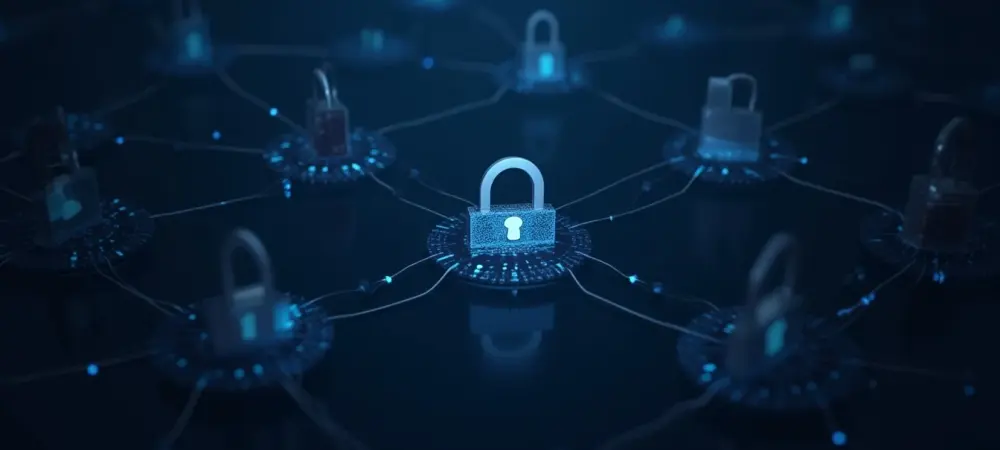In the current geopolitical landscape, there’s growing concern about the potential cybersecurity threats to U.S. critical infrastructure brought about by the rising tensions between Israel and Iran. Security researchers are increasingly warning of cyber espionage and sabotage targeting U.S. companies and individuals. This heightened threat emerges from Iran-aligned threat groups, hacktivists, and cybercriminals spurred by ongoing hostilities in the Middle East. Their activities, especially visible on platforms like Telegram, suggest an emerging pattern that could soon focus efforts against the U.S. and its allies, including Saudi Arabia and Jordan.
Signals of Intensifying Cyber Activity
Notable Cyber Activities
Researchers at Radware have already reported an uptick in pro-Iran cyber activities, with explicit warning signs aimed at those supporting Israel in its complex conflict with Iran. While current attacks focus predominantly on Middle Eastern targets, the possibility that U.S. infrastructure might be next has grown significantly. This prospect is encouraging infrastructure providers to fortify their defenses against potential cyber intrusions and supply chain attacks. John Hultquist, a notable figure from the Google Threat Intelligence Group, highlights that these cyber targets could be reprioritized quickly in the wake of military escalations. The evidence suggests that Iranian cyber espionage has consistently targeted U.S. government and political entities, warning them of the need for proactive defensive measures.
Cyber Tactics and Targets
The aftermath of the 2023 Hamas-Israel conflict saw Iran-aligned threat groups attempt cyber intrusions against shared systems of Israel and the U.S. One notable incident involved exploiting Israeli-manufactured industrial equipment within the U.S. water sector. Such entities are deploying advanced tactics that appear aligned with state-sponsored ambitions, berating vulnerabilities, executing spear-phishing campaigns, gathering crucial data, and conducting disruptive or destructive cyberattacks. As these activities persist, it becomes increasingly apparent that the overlapping strategic objectives of these cyber threats and geopolitical tensions underscore a pressing need for awareness and fortified defenses within potentially vulnerable sectors.
Calls to Strengthen Security Measures
Advisory Alerts for Critical Sectors
Authorities across various critical sectors issue repeated advisories urging U.S. organizations to enhance their cybersecurity posture. Key sectors like the Food and Agriculture Information Sharing and Analysis Center (Food and Ag-ISAC) and the Information Technology Information Sharing and Analysis Center (IT-ISAC) emphasize the imperative for robust security protocols and continuous education among personnel regarding potential threats. There’s a mounting consensus that defines this critical juncture for U.S. infrastructure, demanding heightened vigilance and enhanced security measures. As the threat landscape evolves, sectors need to anticipate scenarios where collateral damage arises amidst broader regional conflicts.
Growing Consensus and Strategic Awareness
In today’s geopolitical arena, concerns are mounting over cybersecurity threats to the critical infrastructure in the United States, fueled by escalating tensions between Iran and Israel. Security experts are sounding alarms about potential cyber espionage and sabotage aimed at American firms and citizens. This elevated threat level stems from threat groups aligned with Iran, hacktivists, and cybercriminals motivated by the ongoing Middle Eastern conflicts. The activity of these cyber actors is particularly noticeable on platforms like Telegram, where they’re coordinating efforts. This suggests a developing trend that might soon concentrate on attacking the U.S. and its allies, notably Saudi Arabia and Jordan. The intricate web of international hostilities complicates the digital landscape, making it a fertile ground for such malicious activities. As cyber threats become more sophisticated and prevalent, defending against them becomes a top priority for ensuring the safety of not just infrastructure, but also national security and economic stability.

